Behind Scotland’s record high abortion figures
The most significant rise in terminations was among women in their 20s and those in deprived areas
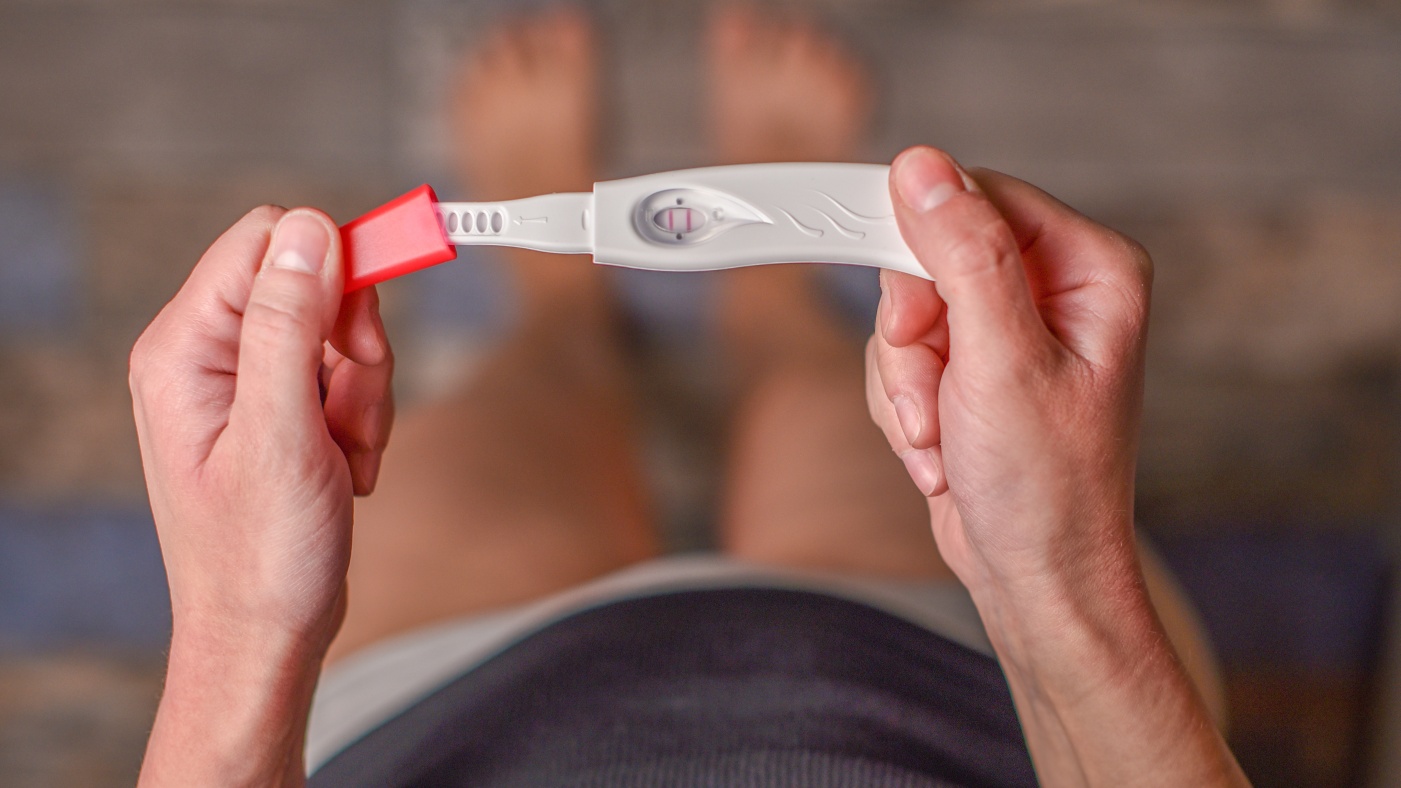
A free daily email with the biggest news stories of the day – and the best features from TheWeek.com
You are now subscribed
Your newsletter sign-up was successful
Experts have linked Scotland’s record-high number of abortions last year with social media misinformation and the cost-of-living crisis.
Between 2021 and 2022 terminations in Scotland rose by a fifth, while the number of women aged 16 to 19 accessing abortion services was at its highest since 2013.
“Fears have been raised” that a “rising tide” of social media videos warning of supposed side-effects of contraception is contributing to the increase, said the Daily Mail. Videos on apps such as TikTok claim that contraception can “cause depression, anxiety, body changes and even cancer”, the paper said.
The Week
Escape your echo chamber. Get the facts behind the news, plus analysis from multiple perspectives.

Sign up for The Week's Free Newsletters
From our morning news briefing to a weekly Good News Newsletter, get the best of The Week delivered directly to your inbox.
From our morning news briefing to a weekly Good News Newsletter, get the best of The Week delivered directly to your inbox.
Charities, however, have pointed to the cost-of-living crisis as a contributing factor, saying that increasing financial instability has left many worried about their futures and fearful of the cost of raising a child.
The numbers
The abortion rate last year in women aged 15 to 44 was 16.1 per 1,000 women, compared with 13.5 in 2021, according to data from Public Health Scotland (PHS).
The rise in abortions was “driven by women in their twenties”, said The Times, with 27.4 per 1,000 women aged 20 to 24 having a termination, compared with 22.8 per 1,000 in 2021.
Overall, terminations in Scotland have risen by a fifth since last year, from 13,937 in 2021 to 16,596 in 2022. The increase is part of a wider upward trend in termination rates, also observed in England and Wales, said PHS.
A free daily email with the biggest news stories of the day – and the best features from TheWeek.com
What is driving the rising number of terminations?
The reasons behind the record high abortion rates are not “entirely clear”, said the BBC, and a “number of different factors are likely to have contributed”.
Doctors have “raised concerns” about the level of “misinformation” in social media videos, some of which have had hundreds of thousands of views. The hashtags #naturalbirthcontrol and #quittingbirthcontrol have also acquired “hundreds of millions of views”, added the broadcaster.
Speaking to the BBC’s “Good Morning Scotland”, Dr Sinead Cook, chair of the Faculty of Sexual and Reproductive Healthcare, said that the misinformation could be “one of the factors contributing” to rising abortion rates in Scotland.
“I’ve definitely had some patients that have told me that they’ve seen videos, particularly on TikTok, that have scared them,” said Cook. “I had a woman quite recently who had been considering having an intrauterine contraceptive or coil fitted, but then found some things online and watched some TikTok videos, and was really terrified.”
She urged women concerned about or experiencing side-effects from their contraception to visit their GP and “have a discussion, because often we can find something different that works for them”, she said.
But there is evidence that the cost-of-living crisis could also be a contributing factor to the rising abortion rates.
Women in the poorest parts of Scotland accounted for double the number of abortions than those in the wealthiest areas, with the greatest increases being seen in Forth Valley, Lanarkshire and Grampian, where the abortion rate rose by 26%, 25% and 23% respectively.
PHS noted that termination rates rose between 2021 and 2022 “regardless of level of deprivation” – but the increase was “less pronounced” for women in wealthier areas.
Speaking to The Times, Jonathan Lord, UK medical director for the MSI Reproductive Choices charity, said the rapid rise was a “marker of population distress”, and added he was unsurprised the rise was greater in poorer areas.
“From the patients I’m speaking to, it’s really just a lack of confidence in the economy and their stability – the cost-of-living crisis, to sum it up,” he told the paper in May. “Job insecurity and difficulties in finding and keeping accommodation are the main thing that people are worried about.”
Rachael Clarke, from the British Pregnancy Advisory Service, told BBC Radio Scotland’s “Drivetime” programme in May that the charity “was absolutely not surprised” by the figures.
“This certainly reflects what we’ve been seeing over the last 18 months – a really big increase in the number of women who are coming to us,” she said. “Particularly an increase in women who are very worried about the cost of living and the impact that’s going to have on them and their families.”
Sorcha Bradley is a writer at The Week and a regular on “The Week Unwrapped” podcast. She worked at The Week magazine for a year and a half before taking up her current role with the digital team, where she mostly covers UK current affairs and politics. Before joining The Week, Sorcha worked at slow-news start-up Tortoise Media. She has also written for Sky News, The Sunday Times, the London Evening Standard and Grazia magazine, among other publications. She has a master’s in newspaper journalism from City, University of London, where she specialised in political journalism.
-
 How the FCC’s ‘equal time’ rule works
How the FCC’s ‘equal time’ rule worksIn the Spotlight The law is at the heart of the Colbert-CBS conflict
-
 What is the endgame in the DHS shutdown?
What is the endgame in the DHS shutdown?Today’s Big Question Democrats want to rein in ICE’s immigration crackdown
-
 ‘Poor time management isn’t just an inconvenience’
‘Poor time management isn’t just an inconvenience’Instant Opinion Opinion, comment and editorials of the day
-
 The UK’s opioid crisis: why the stats don’t add up
The UK’s opioid crisis: why the stats don’t add upThe Explainer A new report has revealed that the UK’s total of opioid-related deaths could be much greater than official figures show
-
 How the care industry came to rely on migrant workers
How the care industry came to rely on migrant workersThe Explainer Government crackdown on recruiting workers abroad risks deepening care sector crisis, industry leaders warn
-
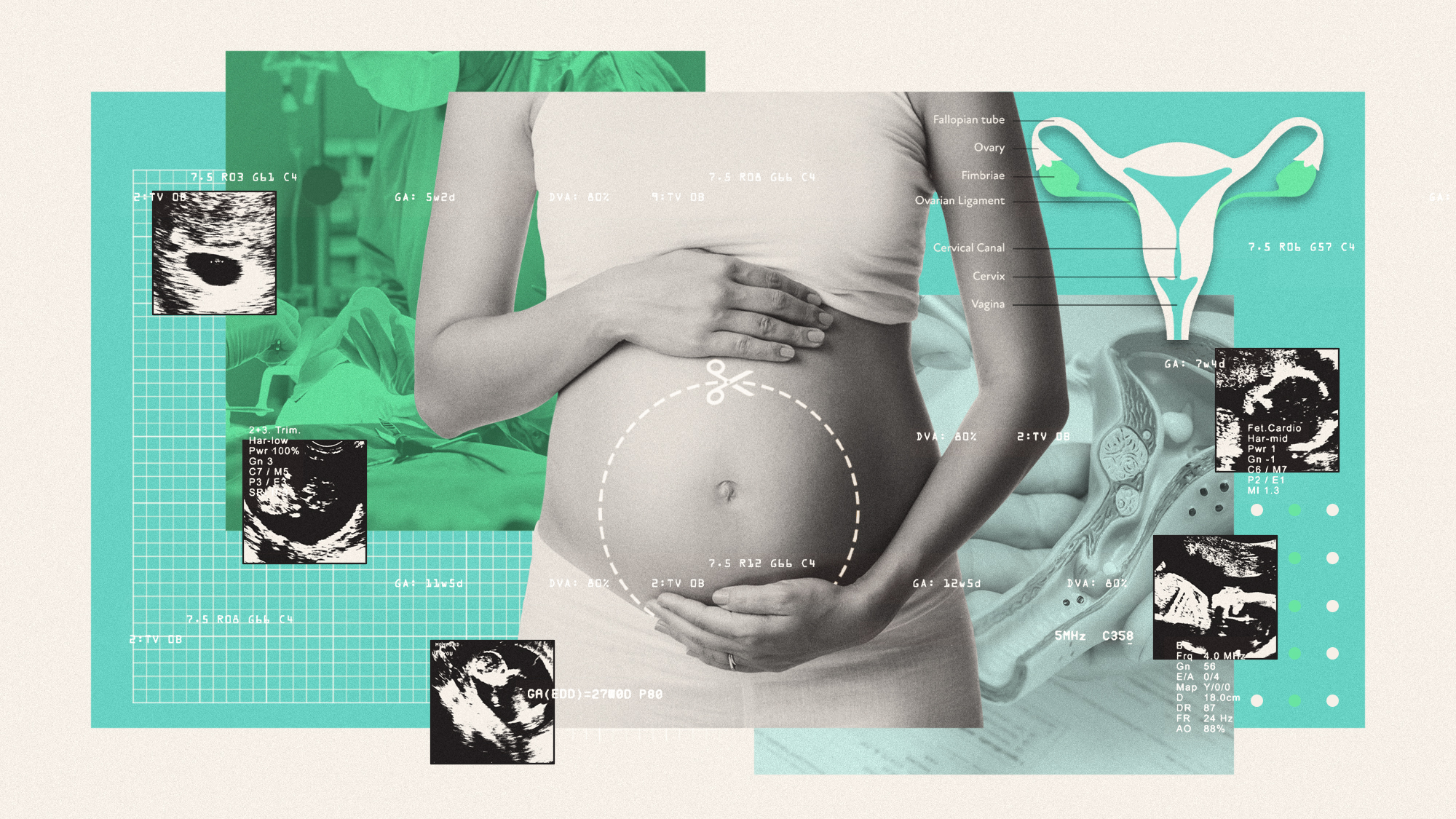 The UK's first baby born to woman with womb transplant
The UK's first baby born to woman with womb transplantThe Explainer 'Astonishing' medical breakthrough, the culmination of 25 years of research, could pave the way for more procedures to combat uterine infertility
-
 The decline of the contraceptive pill
The decline of the contraceptive pillIn the Spotlight Fears of the pill's side effects, stoked by social media, behind switch to fertility trackers – or no contraception at all
-
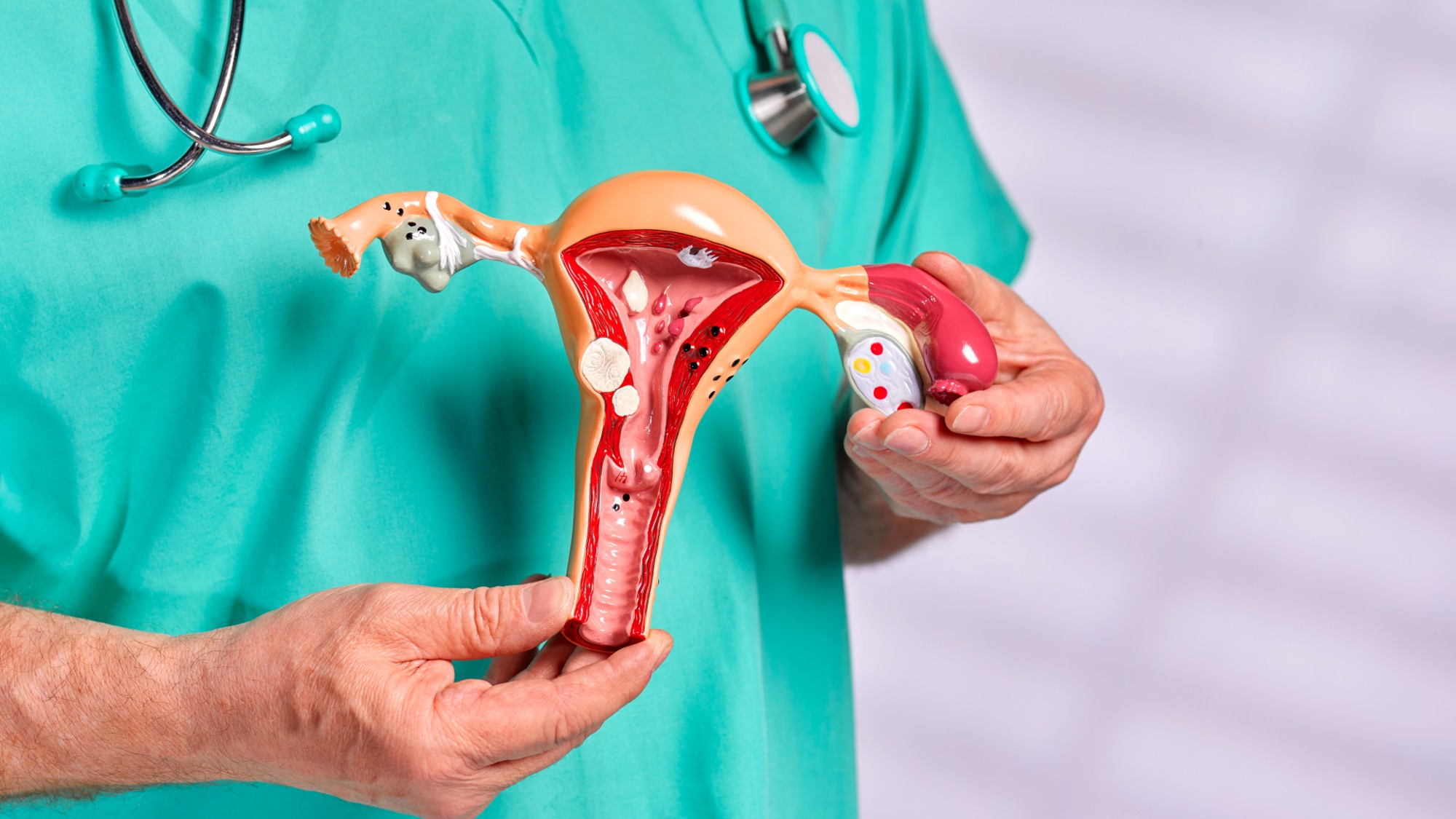 UK gynaecological care crisis: why thousands of women are left in pain
UK gynaecological care crisis: why thousands of women are left in painThe Explainer Waiting times have tripled over the past decade thanks to lack of prioritisation or funding for women's health
-
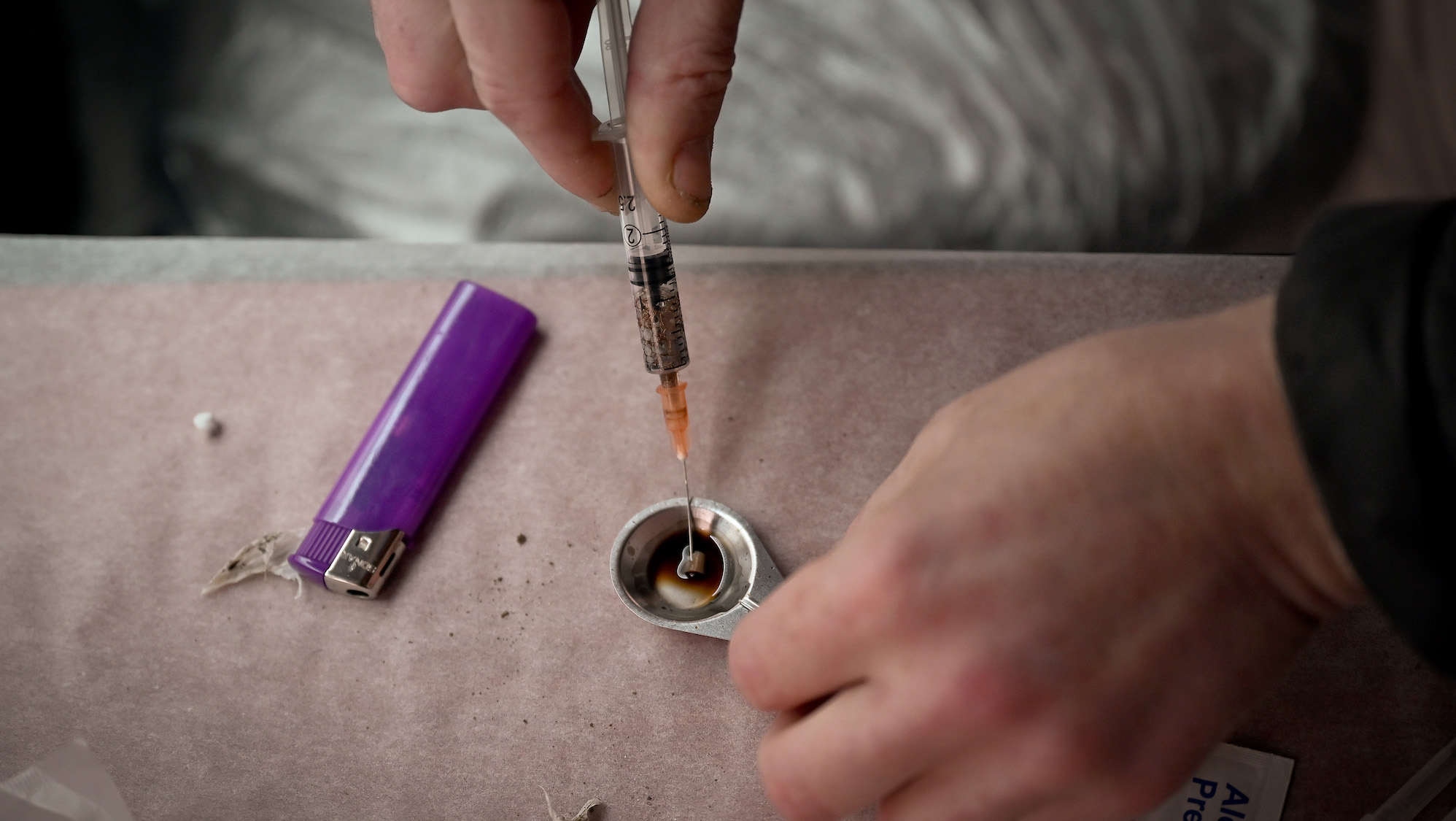 Scottish drug deaths: what's gone wrong?
Scottish drug deaths: what's gone wrong?The Explainer The latest figures show an increase in drug misuse deaths in Scotland
-
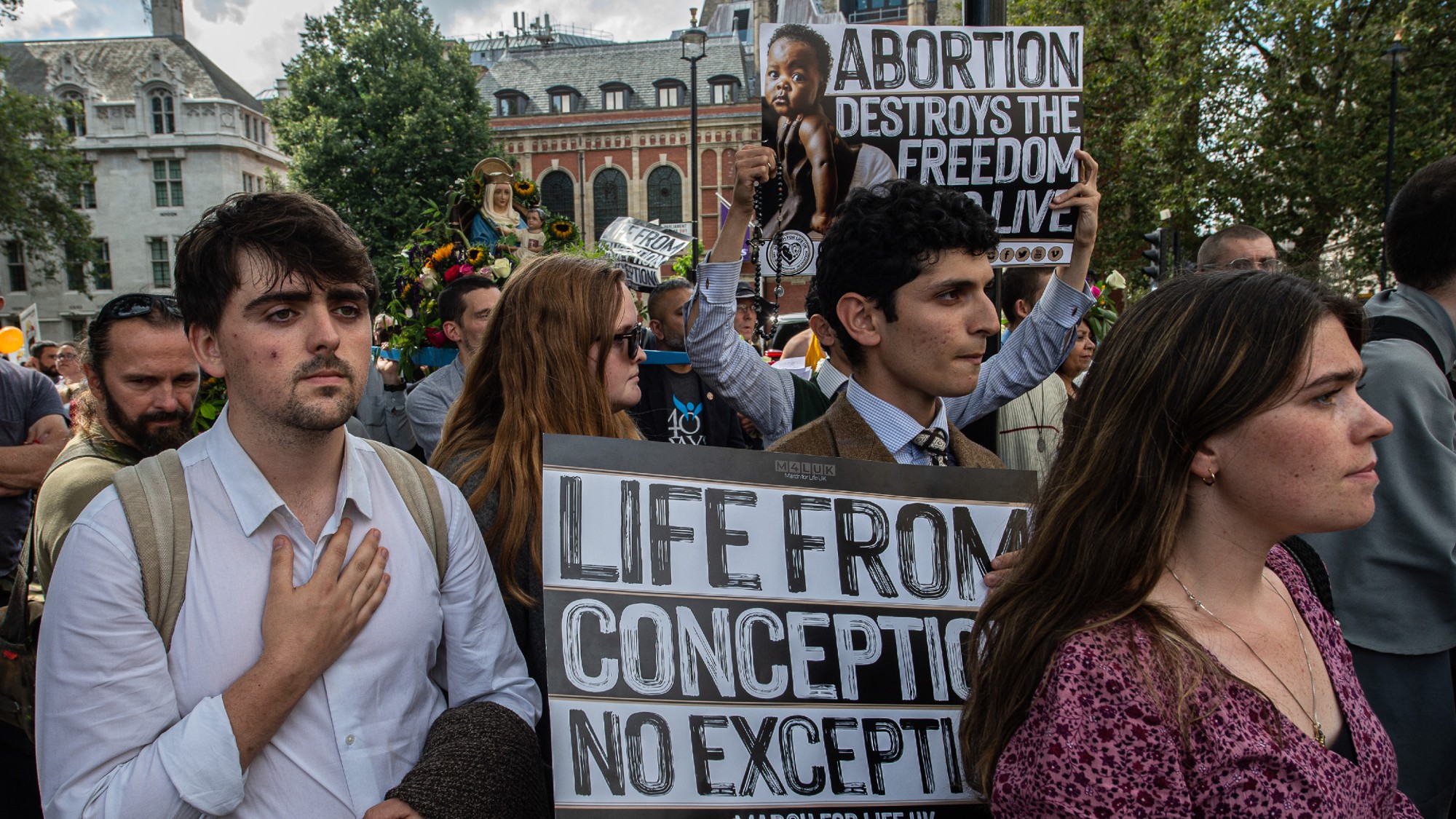 The battle for abortion buffer zones
The battle for abortion buffer zonesThe Explainer A 2023 law banning protests around clinics remains unenforced amid dispute over 'silent prayer'
-
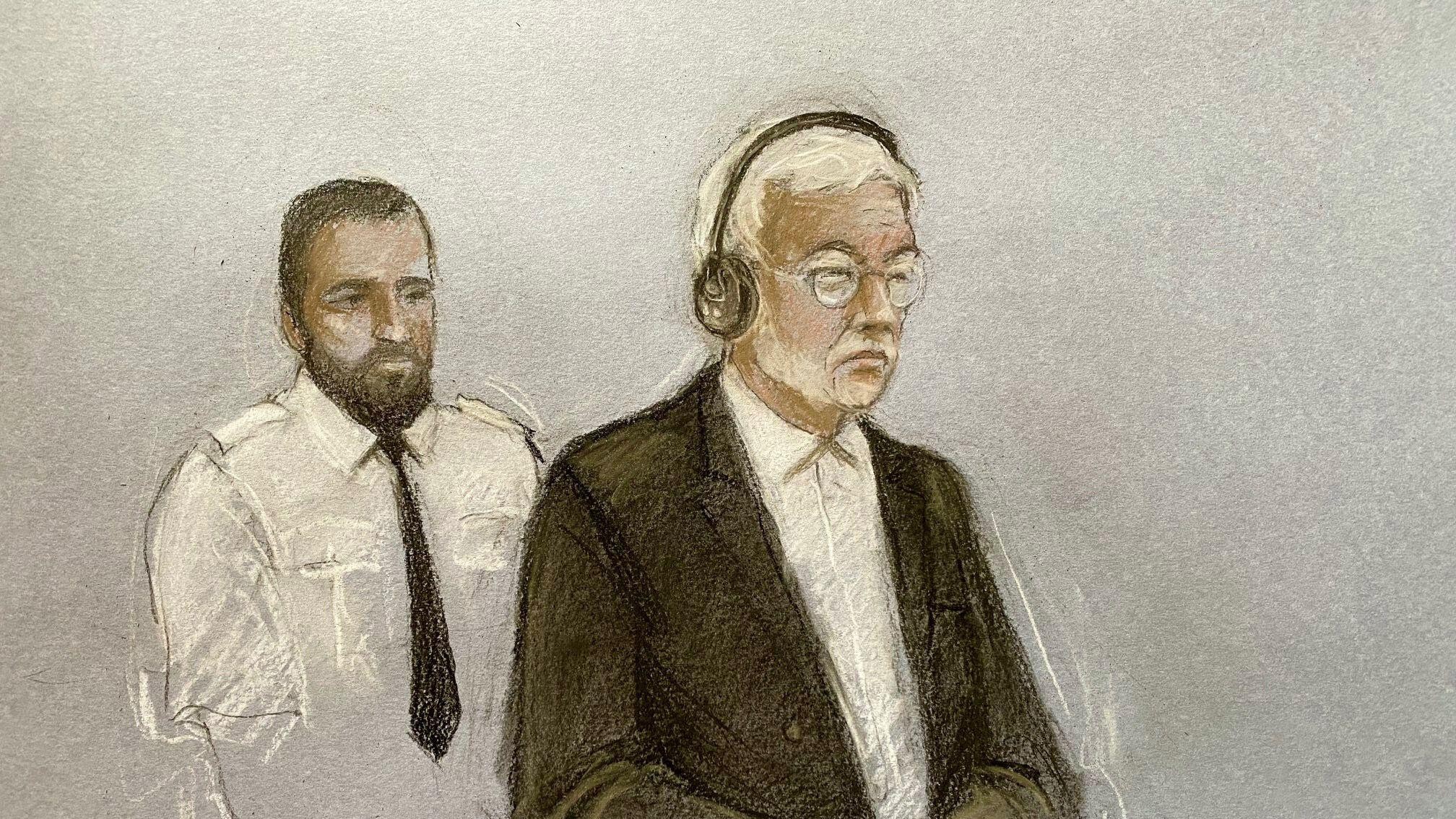 Hongchi Xiao: slapping therapy 'master' convicted of manslaughter
Hongchi Xiao: slapping therapy 'master' convicted of manslaughterThe Explainer Alternative therapy has amassed 'cult-like following' worldwide, but 'self-healing' practice led to deaths of two diabetics